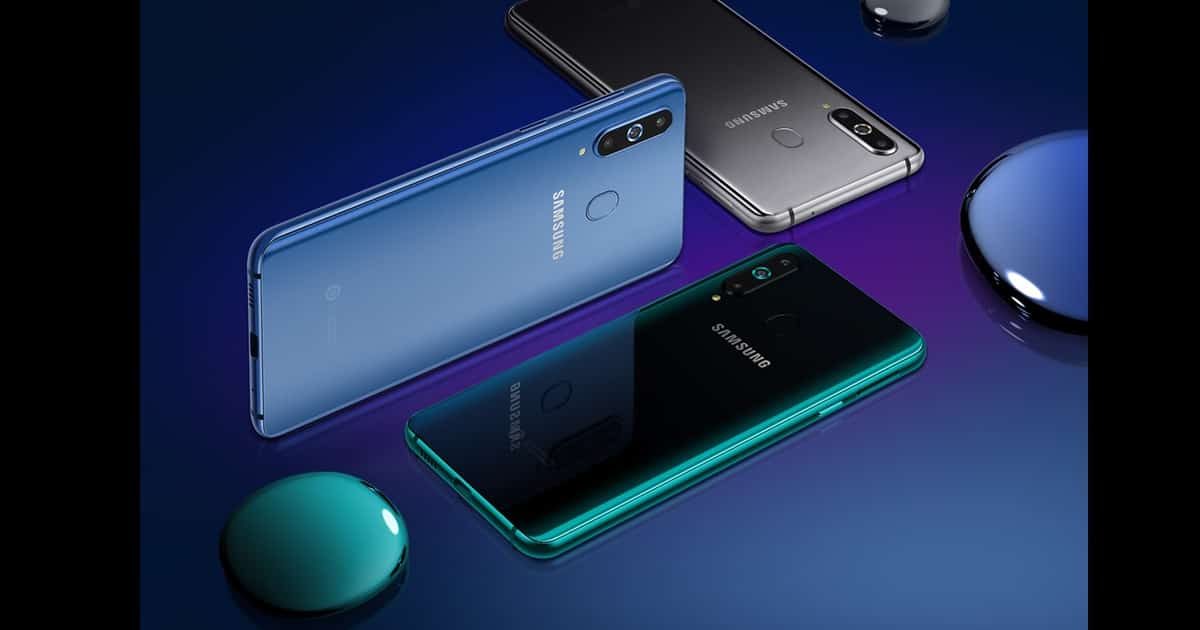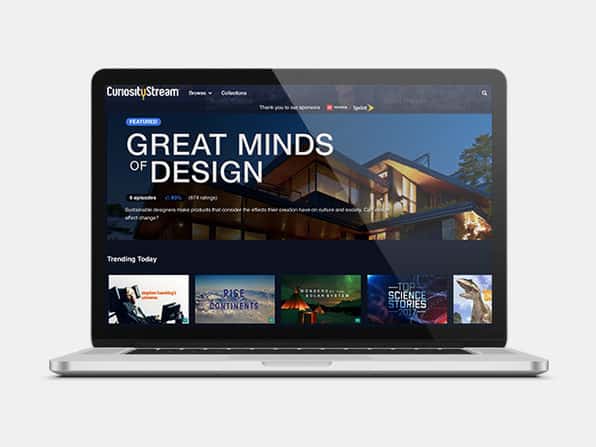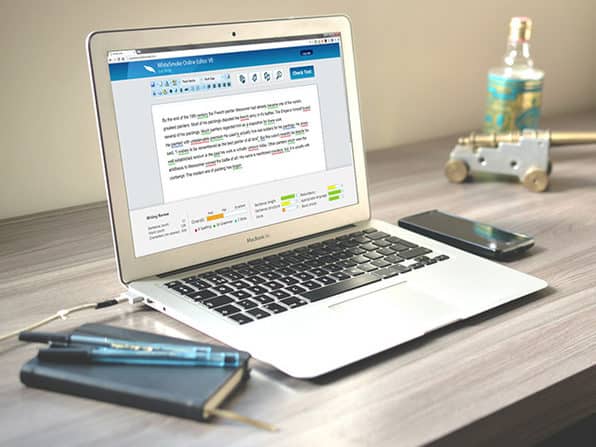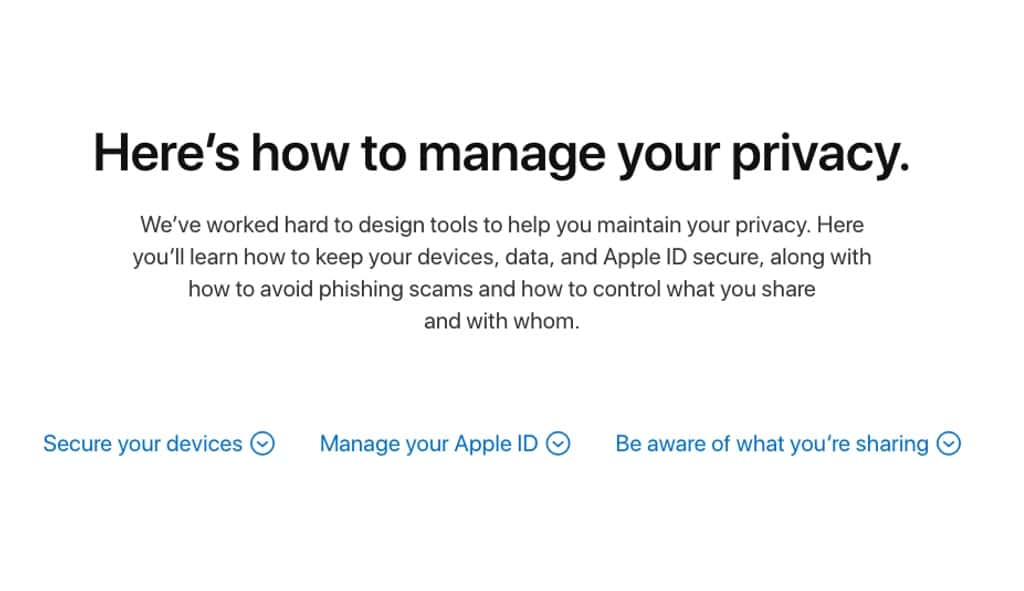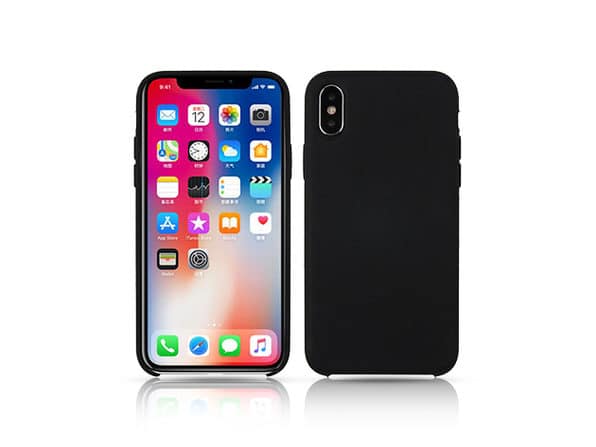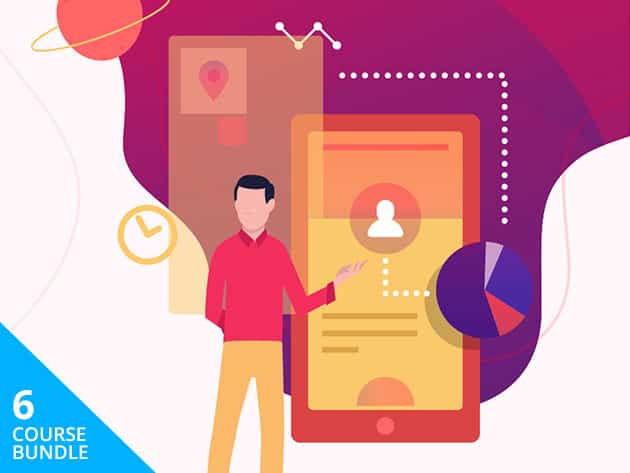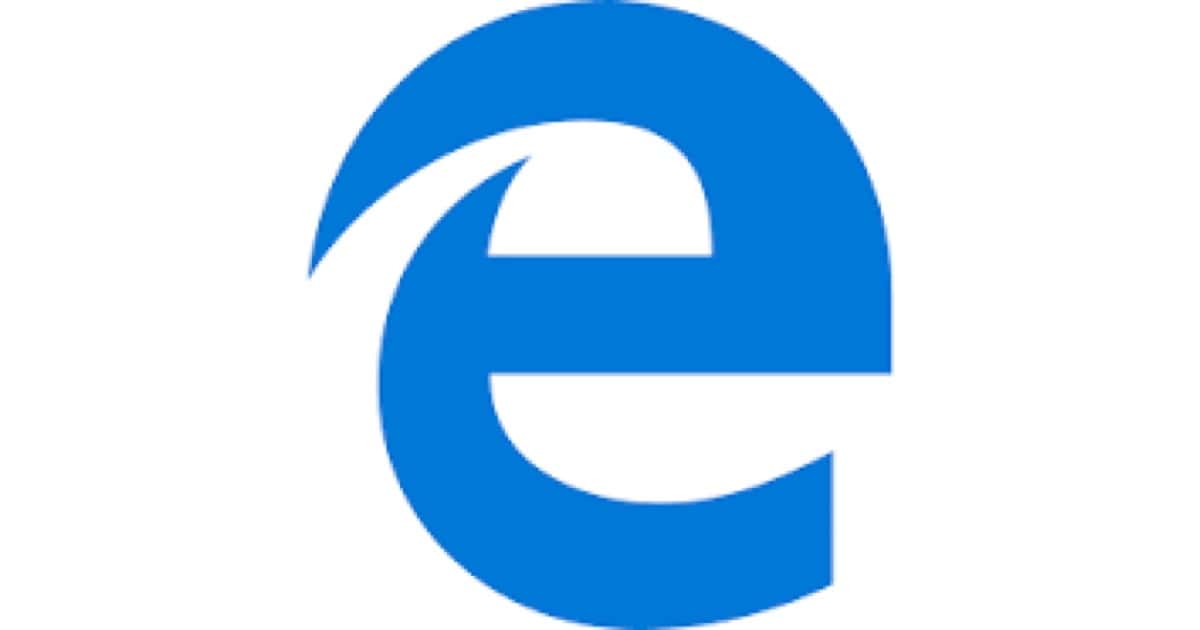Lots of recent Apple coverage focussed on iPhone sales figures, Apple’s decision not to reveal iPhone sales figures, and the knock-on effect this has all had on the firm’s share price. However, Bloomberg reported that investors may have something to cheer about. It revealed positive sales numbers from Taiwanese firms that make components for the iPhone. Notably, it included data from Hon Hai Precision Industry, owned by major iPhone manufacturer Foxconn.
Revenue at the two main assemblers of iPhones showed growth that may surprise bears. Across a collection of Taiwanese suppliers, including component makers, November sales climbed 9.3 % from a year earlier, according to data compiled by Bloomberg News. Taiwan requires companies to report revenue monthly, giving the market unique mid-quarter insight into the hardware supply chain. At Hon Hai Precision Industry Co., the flagship of Foxconn Technology Group, combined October and November sales grew 12.9% while Pegatron Corp. posted a 25% uptick.

